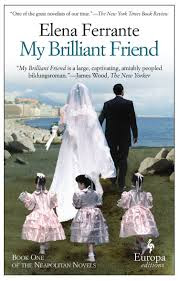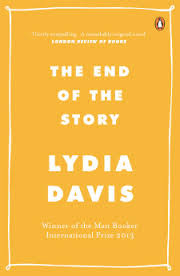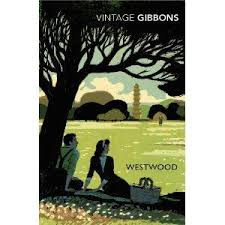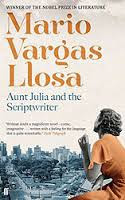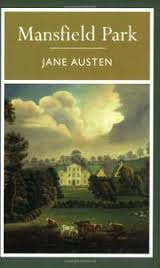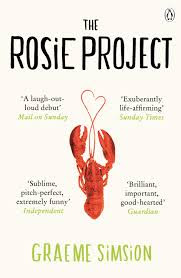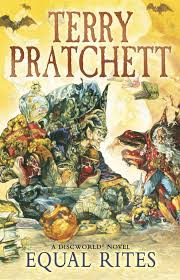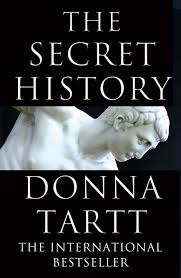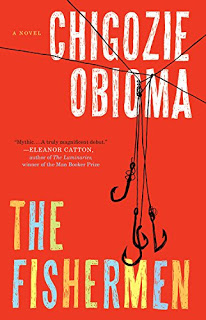
Watch out literature! The Africans are coming. Chigozi Obioma’s THE FISHERMEN is nominated for the Booker, and is a fine and frightening novel about the power of suggestion.
It tells the story of four brothers living in a high density area of a small town in Nigeria. Though it is expressly forbidden by their parents, they take to go fishing in the local river, and on one of their trips there the local madman tells the oldest son that he will be killed by one of his brothers. The idea slowly grows in his mind, and he begins to be angry with his brothers for their future treachery. Eventually a fight goes too far, and SPOILER ALERT the two youngest brothers find him dead in the kitchen apparently killed by the next oldest brother. This brother cannot be found for days, though eventually the taste of the well water reveals where he has ended his own life.
The two youngest brothers then hatch a plan to kill the madman they view as the source of all their troubles, and the novel proceeds down an ever darker pathway.
It’s a compelling read, with the horrible sense of doom of a Greek tragedy wrapped up in a very believable version of a corner of contemporary Nigeria. The writing itself is also unique, sounding as if it might be written by someone who does not have English as quite his first language, and all the more interesting for that. I’ll leave you with his description of the madman, who is the beginning and end of all their troubles:
I observed that he carried on his body a variety of odours, the most noticeable of which was a faecal smell that wafted at me like a drone of flies when I drew closer to him. This smell, I thought, might have been a result of his going for so long without cleaning his anus after excretion. He reeks of sweat accumulated inside the dense growth of hair around his pubic regions and armpits. He smelt of rotten food, and unhealed wounds and pus, and of bodily fluids and waste. He was redolent of rusting metals, putrefying matter, old clothes, distched underwear he sometimes worse. He smelt, too, of leaves, creepers, decaying mangoes by the Omi-Ala, the sane of the riverbank, and even of the water itself. . . But these were not all; he smelt of immaterial things. He smelt of the broken lives of others, and of the stillness in their souls. He smelt of unknown things, of strange elements, and of fearsome and forgotten things.

